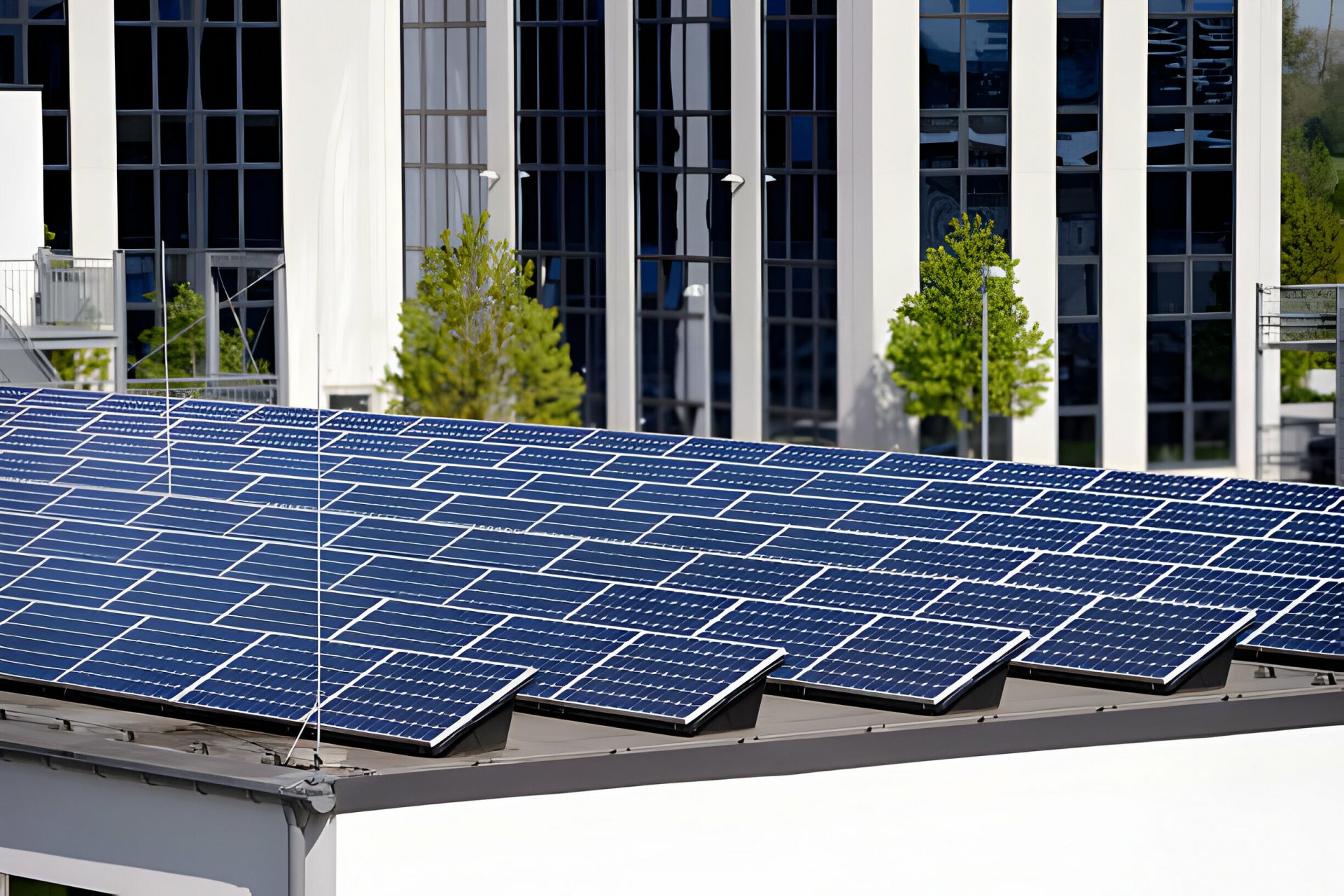Firm Management
Accounting Firms Should Think Twice About Leasing Solar Panels
Leasing solar panels hasn’t turned into the great deal many expected as solar companies go out of business and tax breaks get slashed.
Feb. 20, 2024

By H. Dennis Beaver, Esq., Kiplinger Consumer News Service (TNS)
“I am the CEO of an accounting firm that is looking into leasing a solar system for our 8,000-square-foot office building. Some of your articles on solar have been very negative as to leasing options. We have met with solar salespeople who have given us energy-saving projections that seem reasonable, as well as the impression that leasing is the best way to go. Are you still to opposed to leasing these systems, and if so, why? Thanks, ‘Mike.’”
Yes, I am strongly opposed to leasing solar, and I’ll tell you that not a week goes by when I have not heard via this column from businesses and homeowners who are pulling their hair out and going crazy while trying to obtain service on their leased unit because their seller went out of business, as thousands have across the country. For a real eye-opener, I recommend reading Time magazine’s September article Rooftop Solar Power Has a Dark Side.
For a CPA to ask these questions makes me wonder a lot about his ability to do the math, or to have researched the false economy of leased solar systems and the sheer number of solar companies that have failed in recent years.
But, first, let me tell you about Brenda, Chris and his mother’s 2023 Christmas that never really happened. Back in 2017, the couple moved into his mother’s home to help care for her ailing husband. They were looking for ways to save money and met with a sales rep from Vivint Solar, “who showed us realistic-appearing projections of huge energy savings on a system we could lease from them. There was nothing due up front: They would install, maintain the system—which they owned—and we would pay them for the energy produced over 20 years.
“We were promised prompt service if anything broke down, and all worked fine for about two years, and then the inverter failed—as they often do. Despite repeated calls for service, we were ignored for months, paying the normal rates of our expensive utility.”
Surprise! You owe us $4,000!
As Chris explained, every month, Vivint, which was taken over by Sunrun in 2020, would make automatic deductions from his bank account to pay for the energy the system produced. “The amounts varied greatly,” he pointed out. “And then, on December 15, we got a bill for over $4,000 with no explanation, no justification beyond the statement that they had failed to properly make deductions over 18 months.” Chris confirmed that they did make monthly deductions over the 18 months, but this $4,000 was in addition to those charges.
Request for proof falls on deaf ears
“I asked them for a detailed accounting (of what the extra charges were for), which they refused,” Chris said. “Then someone from their collections department phoned and insisted on large payments, again refusing to justify the amount. We had no Christmas, no presents, afraid to spend money. That is when I found your articles, and we spoke.”
In our phone conversations, I learned that Chris is an unemployed agricultural worker, and Brenda is off work, being treated for breast cancer. None of that mattered to the bill collector. So on January 26, I emailed Sunrun’s general counsel, with a cc to the company’s media department, simply asking them to look into this and work out something fair. Later the same day, Chris phoned and told me, “Mr. Beaver! They are forgetting the entire balance! They confirmed it via email.”
So, hats off to Jeanna Steele, Sunrun’s general counsel. This was a powerful example of the power of the press and an attorney who did the right thing, the fair thing. So, in my book, Jeanna is a real gem.
So, how much energy savings have Brenda and Chris realized all these years? “Around a thousand dollars a year, and it wasn’t worth all the recent grief,” Chris said.
Why leasing is often a lousy idea
Let me be blunt. If you can buy a system with cash or obtain a loan for a solar system at a reasonable interest rate, owning solar panels directly is the way to go, rather than going with a leased system.
Also, if there are tax breaks and incentives—which just got nuked in California, and sales are down 82%, according to CalMatters—they are not available with a lease.
Next, selling a property that has an active solar lease is often difficult to impossible, as the buyer must agree to assume the remaining contractual obligation. I have never spoken with one real estate agent who’s had anything good to say about trying to sell a property with a leased solar system.
Finally, I do not want anyone to walk away from this story thinking that I oppose solar energy in general. Quite the contrary! Friends who own their systems generally are delighted with the energy savings and budget for replacement of inverters and backup batteries.
There is one more consideration: your age. Will you live long enough to recover the out-of-pocket cost or complete a 20-year lease? Do you want to burden family with that “brilliant” solar idea?
ABOUT THE AUTHOR:
H. Dennis Beaver, Esq., practices law in Bakersfield, CA.
______
All contents copyright 2024 The Kiplinger Washington Editors Inc. Distributed by Tribune Content Agency LLC.
